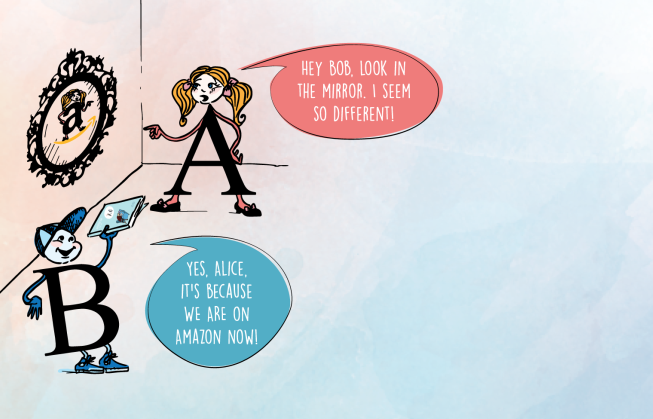


The 13th edition of Joint Telematics Group/IEEE Information Theory Society Summer School on Signal Processing, Communications, and Networks was conducted from 20th to 23rd June 2022 at the Indian Institute of Technology Mandi in the virtual mode. The technical program consisted of three courses, five research talks, two poster sessions, two industry sessions, and Q&A sessions. All sessions were conducted in live and interactive mode.
More than 280 students and researchers participated in the summer school, including participants from sixteen IITs, IISc, TIFR, IIITs, NITs, and other eminent universities from India, Australia, China, Hong Kong, Iran, Israel, Netherlands, Singapore, Taiwan, Turkey, and the USA. The summer school was inaugurated by Prof. Laxmidhar Behera, Director, IIT Mandi, and Prof. Ajit Kumar Chaturvedi, Director, IIT Roorkee. Three exemplary and inspiring academic stalwarts delivered courses: David Tse, Raymond W. Yeung, and Aylin Yener.
Prof. David Tse, Stanford University, delivered a course on the bitcoin protocol for blockchains. In this course, answers to the following questions were discussed over 3 lectures of around 1 hour 20 minutes duration each:
- What is the goal of a blockchain protocol?
- How do we formalize the security properties of a blockchain protocol?
- How do we prove that Bitcoin is secure?
- Why does Bitcoin have very bad latency?
- How to speed up Bitcoin while keeping its security properties?
- How are ideas from information theory, such as the law of large numbers and typicality, useful for blockchains?
Prof Raymond W. Yeung, the Chinese University of Hong Kong, delivered a course on the foundational concepts of information theory and network coding. This course consisted of eight lectures of around 1 hour 10 minutes duration each:
- Lectures 1 and 2: Information measures and typicality
- Lectures 3 and 4: Discrete memoryless channels
- Lectures 5 and 6: Information inequalities
- Lectures 7 and 8: Network coding Each lecture was around 1 hour long.
Prof. Aylin Yener, the Ohio State University, delivered a course on 6G wireless communications. This course consisted of the following two lectures of around 1 hour 30 minutes duration each:
- Lecture 1: The focus of this lecture was on caching which utilizes joint coding and storage in order to alleviate real-time communication load and to cover the fundamentals of caching followed by methods that are tailored to heterogeneous edge networks.
- Lecture 2: The focus of this lecture was on edge-facilitated distributed learning. Federated learning and its tailored extensions suitable for (wireless) edge networks, taking a joint communication and learning approach were covered.
Research talks were delivered by Prof. Sharayu Moharir, IIT Bombay (Leveraging edge resources for service hosting), Dr. Mayank Bakshi, Arizona State University (Sparse recovery: theory, algorithms, and applications by Mayank Bakshi Research), Prof. Lakshmi Prasad Natarajan, IIT Hyderabad (Capacity-achieving codes for the binary erasure channel via discrete Fourier transform), Prof. Lalitha Vadlamani, IIIT Hyderabad (Codes for distributed gradient descent), and Prof. Rahul Singh, IISc (Online learning and control under constraints).
Industry sessions were by experts from Qualcomm (Dr. Ashutosh Gore) and Saankhya Labs (a panel of 7 experts led by Anindya Saha, CTO). Nineteen posters were presented across two poster sessions by research students and post-docs; among these, six posters were awarded as best posters.
We thank the lecturers, participants, and IEEE ITSoc community members whose contributions made this summer school a resounding success. We thank the sponsors for this summer school: IEEE Information Theory Society, Qualcomm, Saankhya Labs, COMSNETS Association, Google, IIT Mandi iHub & HCI Foundation, and Springer. More information and recorded sessions are available at the summer school website https://iitmandi.ac.in/jtg2022/

